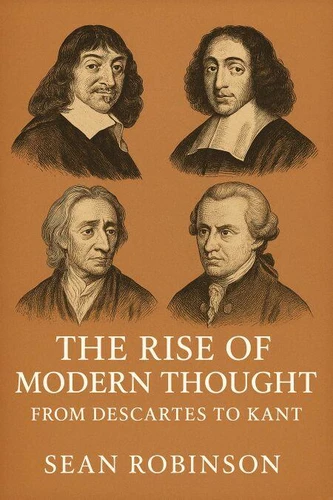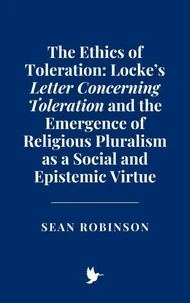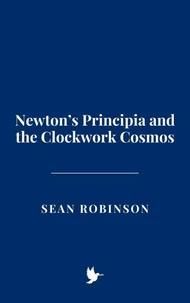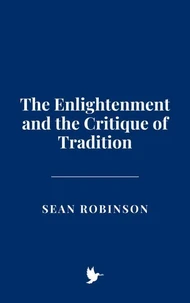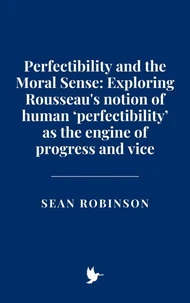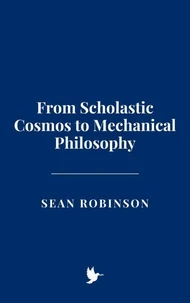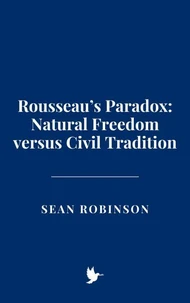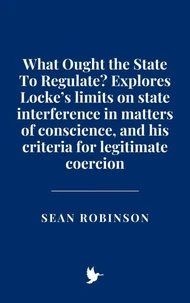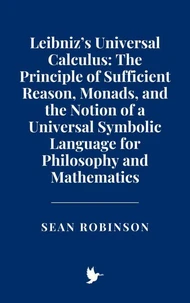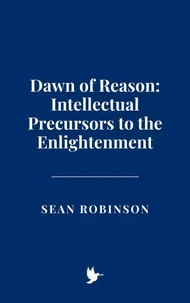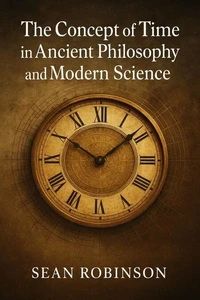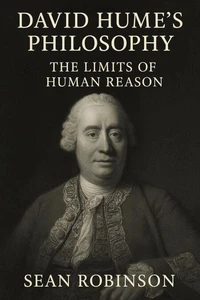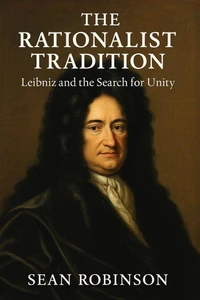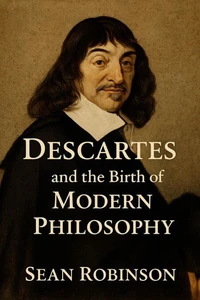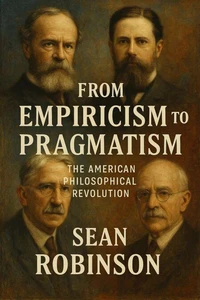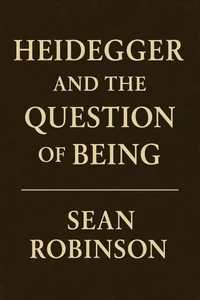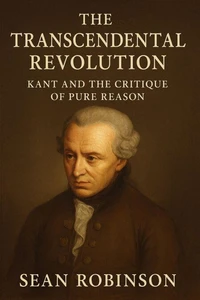The Rise of Modern Thought: From Descartes to Kant
Par :Formats :
Disponible dans votre compte client Decitre ou Furet du Nord dès validation de votre commande. Le format ePub est :
- Compatible avec une lecture sur My Vivlio (smartphone, tablette, ordinateur)
- Compatible avec une lecture sur liseuses Vivlio
- Pour les liseuses autres que Vivlio, vous devez utiliser le logiciel Adobe Digital Edition. Non compatible avec la lecture sur les liseuses Kindle, Remarkable et Sony
 , qui est-ce ?
, qui est-ce ?Notre partenaire de plateforme de lecture numérique où vous retrouverez l'ensemble de vos ebooks gratuitement
Pour en savoir plus sur nos ebooks, consultez notre aide en ligne ici
- FormatePub
- ISBN8227818546
- EAN9798227818546
- Date de parution16/04/2025
- Protection num.pas de protection
- Infos supplémentairesepub
- ÉditeurBig Dog Books, LLC
Résumé
The Rise of Modern Thought: From Descartes to Kant traces the intellectual journey that reshaped Western philosophy and laid the foundations for modern thought. Beginning with René Descartes, whose Cogito, ergo sum ("I think, therefore I am") revolutionized epistemology and the understanding of the self, the book explores the pivotal developments in the philosophy of mind, knowledge, and reality that followed in the 17th and 18th centuries.
The narrative follows the contributions of key thinkers such as John Locke, whose theories on empiricism and the mind's role in knowledge set the stage for future debates on human perception and the nature of reality. The rise of skepticism, represented by figures like David Hume, challenged the idea of certainty in human knowledge, questioning the foundations of causality and inductive reasoning.
At the heart of this philosophical evolution is Immanuel Kant, whose Critique of Pure Reason synthesized rationalism and empiricism, revolutionizing the understanding of how humans experience the world and the limitations of reason. Kant's transcendental idealism and his exploration of the boundaries between the known and the unknowable reshaped metaphysics, ethics, and the philosophy of science. Through detailed analysis, The Rise of Modern Thought illuminates the progression from early modern skepticism and rationalism to the birth of a critical approach to knowledge and morality, offering readers an in-depth look at how the philosophical ideas of Descartes, Locke, Hume, and Kant still resonate in contemporary discussions about consciousness, perception, and the structure of reality.
This book is an essential guide to understanding the evolution of modern philosophy and its lasting impact on the way we think about the mind, knowledge, and society.
The narrative follows the contributions of key thinkers such as John Locke, whose theories on empiricism and the mind's role in knowledge set the stage for future debates on human perception and the nature of reality. The rise of skepticism, represented by figures like David Hume, challenged the idea of certainty in human knowledge, questioning the foundations of causality and inductive reasoning.
At the heart of this philosophical evolution is Immanuel Kant, whose Critique of Pure Reason synthesized rationalism and empiricism, revolutionizing the understanding of how humans experience the world and the limitations of reason. Kant's transcendental idealism and his exploration of the boundaries between the known and the unknowable reshaped metaphysics, ethics, and the philosophy of science. Through detailed analysis, The Rise of Modern Thought illuminates the progression from early modern skepticism and rationalism to the birth of a critical approach to knowledge and morality, offering readers an in-depth look at how the philosophical ideas of Descartes, Locke, Hume, and Kant still resonate in contemporary discussions about consciousness, perception, and the structure of reality.
This book is an essential guide to understanding the evolution of modern philosophy and its lasting impact on the way we think about the mind, knowledge, and society.
The Rise of Modern Thought: From Descartes to Kant traces the intellectual journey that reshaped Western philosophy and laid the foundations for modern thought. Beginning with René Descartes, whose Cogito, ergo sum ("I think, therefore I am") revolutionized epistemology and the understanding of the self, the book explores the pivotal developments in the philosophy of mind, knowledge, and reality that followed in the 17th and 18th centuries.
The narrative follows the contributions of key thinkers such as John Locke, whose theories on empiricism and the mind's role in knowledge set the stage for future debates on human perception and the nature of reality. The rise of skepticism, represented by figures like David Hume, challenged the idea of certainty in human knowledge, questioning the foundations of causality and inductive reasoning.
At the heart of this philosophical evolution is Immanuel Kant, whose Critique of Pure Reason synthesized rationalism and empiricism, revolutionizing the understanding of how humans experience the world and the limitations of reason. Kant's transcendental idealism and his exploration of the boundaries between the known and the unknowable reshaped metaphysics, ethics, and the philosophy of science. Through detailed analysis, The Rise of Modern Thought illuminates the progression from early modern skepticism and rationalism to the birth of a critical approach to knowledge and morality, offering readers an in-depth look at how the philosophical ideas of Descartes, Locke, Hume, and Kant still resonate in contemporary discussions about consciousness, perception, and the structure of reality.
This book is an essential guide to understanding the evolution of modern philosophy and its lasting impact on the way we think about the mind, knowledge, and society.
The narrative follows the contributions of key thinkers such as John Locke, whose theories on empiricism and the mind's role in knowledge set the stage for future debates on human perception and the nature of reality. The rise of skepticism, represented by figures like David Hume, challenged the idea of certainty in human knowledge, questioning the foundations of causality and inductive reasoning.
At the heart of this philosophical evolution is Immanuel Kant, whose Critique of Pure Reason synthesized rationalism and empiricism, revolutionizing the understanding of how humans experience the world and the limitations of reason. Kant's transcendental idealism and his exploration of the boundaries between the known and the unknowable reshaped metaphysics, ethics, and the philosophy of science. Through detailed analysis, The Rise of Modern Thought illuminates the progression from early modern skepticism and rationalism to the birth of a critical approach to knowledge and morality, offering readers an in-depth look at how the philosophical ideas of Descartes, Locke, Hume, and Kant still resonate in contemporary discussions about consciousness, perception, and the structure of reality.
This book is an essential guide to understanding the evolution of modern philosophy and its lasting impact on the way we think about the mind, knowledge, and society.

